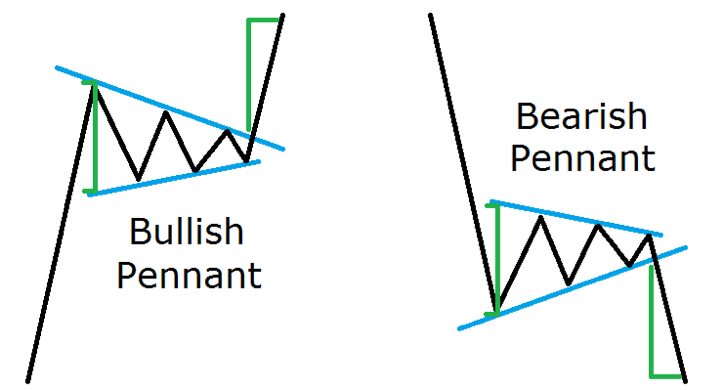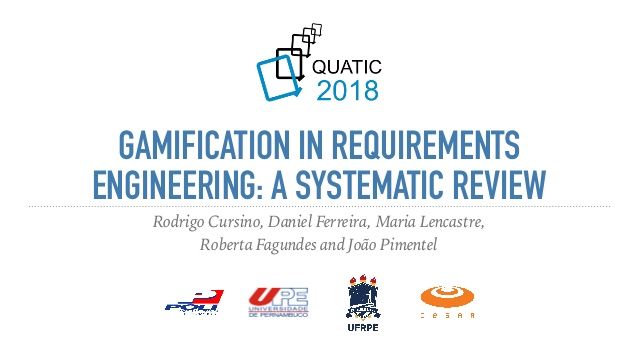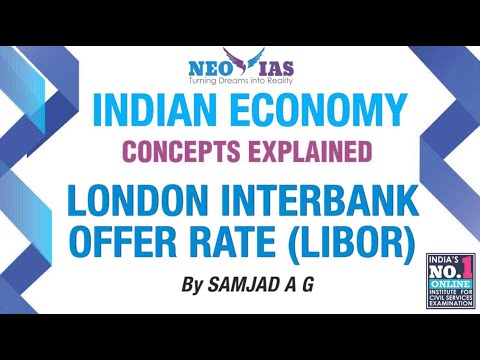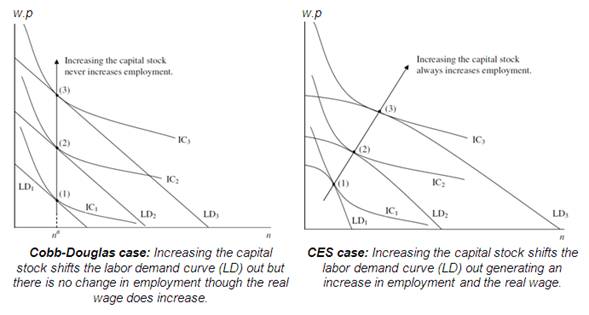Contents:


Derivatives can be classified into Commodity derivatives and Financial derivatives on the basis of the type of underlying asset. In case of Commodity derivatives the underlying asset is a physical or real asset such as wheat, rice, jute, pulses, or even metals such as gold, silver, copper, aluminium, oil etc. In case of financial derivatives the underlying asset is a financial asset such as equity shares, bonds, debentures, interest rate, stock index, current, exchange rate etc. Commodity derivatives are traded on Multi Commodity Exchange and National Commodities and Derivatives Exchange in India. Commodity derivatives based on agricultural commodities are more popular than those based on metals.
- Since futures contracts are exchange based, they cannot be altered to suit the needs of the two parties.
- The largest markets for derivatives trading are Asia Pacific and North America.
- Just write the bank account number and sign in the application form to authorise your bank to make payment in case of allotment.
Cheese, butter are derivatives of milk and they derive their value from the pricing of milk. So, if milk prices move higher, it is highly likely that cheese and butter may also get expensive. But would the pace of price increase be at the same pace or at a different one, that’s not a certainty. Derivatives are used as instruments to mitigate price risk through hedged transactions.
Who Are The Participants In Derivatives Markets
Arbitrageurs are in business to take advantage of a discrepancy between prices in two different markets. Derivatives allow arbitrageurs to exploit arbitrage opportunities over time as well. If, for example, they see the futures price of an asset getting out of line with the cash price, they will take offsetting positions in the two markets to lock in a profit. Speculators use derivatives to get extra leverage and earn quick and large potential gains on the basis of future movements in the price of an asset. They can increase both the potential gains and potential losses by usage of derivatives in a speculative venture.
The OTC market is largely run on trust, but what if someone wants to participate in derivatives trading in a relatively safer environment? Derivatives or financial derivatives, especially, are leveraged products, where the potential of profit or loss is manifold as compared to the equity cash market. So, traders have to be aware of the risks which financial derivatives entail. So, awareness of the risk factors is important and disciplined trading can work wonders for derivative traders. The contract holder is under the obligation to fulfil the contract.
Swaps are a form of financial derivative commonly used to exchange one kind of cash flow with another. Swaps are not traded in exchanges but are private agreements between parties and are mostly traded over-the-counter. Lastly, future contracts are highly standardized contracts; they are traded in the secondary markets. In the secondary market, participants in the futures can easily buy or sell their contract to another party who is willing to buy it.
Who are the Participants in a Derivative Market?
A financial forward contract is that forward contract where the underlying is a financial asset such as currency. For example assume that an Indian company XYZ Ltd. has to pay its import bills in US dollars after three months. However the company faces the risk of rupee depreciation, i.e. the price of the US dollar may go up. To guard against this exchange rate risk, the company may enter into a forward agreement with some other company to buy US dollars at a specified price after 3 months. If after three months the exchange rate is higher, the company `stands to gain.
What Are Derivative Investments? – Bankrate.com
What Are Derivative Investments?.
Posted: Wed, 20 Jul 2022 07:00:00 GMT [source]
The OTC derivativesmarket is the largest market for derivatives. The contracts in OTC derivatives trade is not standardised and the market is unregulated. Products such as swaps, forward contracts and other complex options are traded in the OTC derivatives The participants in the OTC market are large banks, hedge funds and similar entities. There are a large set of derivatives traded globally, ranging from forwards, futures, options, swaps, swaptions etc. But the financial derivatives of interest to Indian capital markets are primarily futures and options.
This way, he earns the compensation even if the price does not fall and you wish to continue holding your stock. Derivatives are not only highly risky, they are also a necessity to investors to reduce risk in a volatile market. It is important to have extremely good knowledge about the derivatives to trade in the derivatives market to ensure less risk and high profit.
A Complete Guide on Options Trading
The Option buyer pays the premium and buys the right, but has no obligation to buy or sell the underlying asset. The Option writer is the counterparty, who receives the premium and has the obligation to buy or sell when the Option buyer exercises his right. Opportunities from such pricing mismatches do not last long, as arbitrageurs rush in to take advantage of them and kill the pricing gap in no time.

The settlement of the forward contract gets done on the maturity date, and hence they are reserved by the expiry period. Several instruments can protect you from the volatility of financial markets and turned out to be useful ones. Arbitrage has two positions taken one in spot and other in future, making a profit by the difference between the two.
What are the advantages and disadvantages of Derivatives?
In such a case the holder of the call options can buy the stock or asset at the exercise price which is lower than the prevailing market price. Derivatives include swaps, futures contracts, options, and forward contracts. Derivatives refers to financial contracts drawn between two or more parties on an underlying asset. Typically, underlying assets in derivatives are securities, currencies, indexes, and commodities. Option premium – In options contract, the option holder has to pay some amount known as options premium to the option writer for availing the right.
Maintenance margin is a certain portion of the initial margin for a position. If the margin balance in the account goes below such margin, the trader is asked to deposit required funds or collateral to bring it back to the initial margin requirement. Derivatives are mostly traded on central exchanges or over-the-counter. Even though a greater portion of the derivatives market consists of OTC derivatives, they pose a greater risk than the derivatives traded over exchanges. An underlying asset might come in many forms but are most commonly stocks, bonds, commodities, interest rate, market indexes or currencies. The change in the value of a derivative’s underlying asset causes a change in the value of the derivative itself.

https://1investing.in/ are very as they not only help investors to hedge their risks but also help in global diversification and hedging against inflation and deflation. The underlying asset, in this case, is the debt obligation which moves according to the changes in the interest rates. The buyer promises to pay a specified price for, say, 500 shares of a single stock at a predetermined future point. Options is an agreement between a buyer and a seller which gives the buyer the right but not the obligation to buy or sell a particular asset at a later date at an agreed-upon price. These are traders who wish to protect themselves from the risk or uncertainty involved in price movement. They try to hedge their position by entering into an exact opposite trade and pass the risk to those who are interested in bearing the same.
Market participants can buy or sell derivative instruments through an exchange or over-the-counter transactions. Exchange-based transactions in the derivatives market are regulated by authorized bodies, whereas contracts made through over-the-counter transactions are not regulated by any authority. Over-the-counter transactions in the derivatives market, thus, pose more risk.
Predicted price fluctuations in the underlying asset determine the prices of the derivatives. Are the financial contracts that derive their value from the underlying assets. The underlying assets, in this case, can be stocks, commodities, indices, currencies, rate of interest or exchange rates. You are very clear about the fact that you would like to receive a minimum of Rs. 100 per share and no less. At the same time, in case the price rises above Rs. 100, you would like to benefit by selling them at a higher price.
Form FWP HSBC USA INC /MD/ Filed by: HSBC USA INC /MD/ – StreetInsider.com
Form FWP HSBC USA INC /MD/ Filed by: HSBC USA INC /MD/.
Posted: Fri, 28 Apr 2023 18:13:01 GMT [source]
Forwards are contracts signed between two parties to buy or sell the underlying asset on any future date for a price agreed upon on the date of signing of the contract. Forwards are decentralised and customisable contracts based on the requirements of the parties involved and are traded over-the-counter and not on any exchanges. Derivatives are source of finance contracts that derive their value from an underlying asset or security. In the case of derivative trading in India, this often means trading in stocks, bonds, and other financial instruments.
Accordingly, the speculator will make or break money as per the buying/selling done in relation to the movement of the interest rate predicted. Interest rate derivatives are also categorized into short term and long term . It is calculated based on a variation of the LIBOR formula which provides a guaranteed sum of coupons. They typically have coupon payments that are based on an inverse LIBOR calculation. It is designed to provide protection against upward interest rate movements by putting a ceiling on the movements. On the other hand, interest rate floor, protects the holder from adverse downward movement in the interest rates.
Held till maturity – The contracts are generally held till maturity. A forward contract cannot be squared up at the wish of one party. Hedgers are not risk takers their aim is to protect their profit. It is challenging to forecast the price movement of derivatives. Finally, derivatives can also be used to stabilize an economy in times of crisis. For example, if there is an economic slowdown in Europe, banks might use derivatives to buy debt from European governments in order to keep those governments’ borrowing costs low.
Now, irrespective of fact that the price sees a fall or a jump, the price of a quintal has been finalized and both parties will need to take care of that at the expiry date. Nature between the buyer and the seller and there is no obligation to release the information of the transaction publicly. Derivatives are one of the most complex financial instruments, and the most rewarding ones too. Derivatives are very beneficial for hedging, arbitrage and to obtain leverage.
The vegetable seller’s objective in entering the contract is to hedge against the possibility of an increase in the price of carrots. In this manner, each participant enters into a derivative contract depending on their needs and investment objectives. Various brokerages provide these assets to the interested parties.
In addition, derivatives have been used by companies to manage risk and improve their overall financial health. He may or not exercise the option to buy or sell a security, depending on the market price of the security. Now, by the expiry date, if the price of IBM shares goes up, he can now buy the IBM shares at a price less than the market price and make profits. Before you can start trading in various types of derivatives, you must first open an online trading account. If you’re trading derivatives through a broker, you can take orders over the phone or even online. Derivatives are financial contracts, and their value is determined by the value of an underlying asset or set of assets.
- Furthermore, derivative contracts can also act as a cushion for your investment to limit losses.
- Not only do these instruments protect the traders from risk, but they also deliver guarantees to them.
- Derivatives are not only highly risky, they are also a necessity to investors to reduce risk in a volatile market.
- Let us assume that the stock price falls to Rs 80 per share before the contract’s expiry date.
Alternatively, you might simply protect yourself from losses in the spot market where the stock is traded. You can wait until the contract is scheduled to expire to settle the trade. In such a case, you can pay the whole amount outstanding, or you can enter into an opposing trade. For example, you placed a ‘buy trade’ for Infosys futures at Rs 3,000 a week before expiry.
There are no day minimum/maximum pink ranges applicable for CNX Nifty futures contracts. However, in order to prevent erroneous order entry by trading members, operating ranges are kept at +/- 10%. Expiry date – Is the date on which the final settlement of the contract takes place. Last Thursday of every month is expiry date for futures contracts. If that happens to be a trading holiday then previous working day. Making profits through arbitrage is another advantageous feature of the derivatives market.